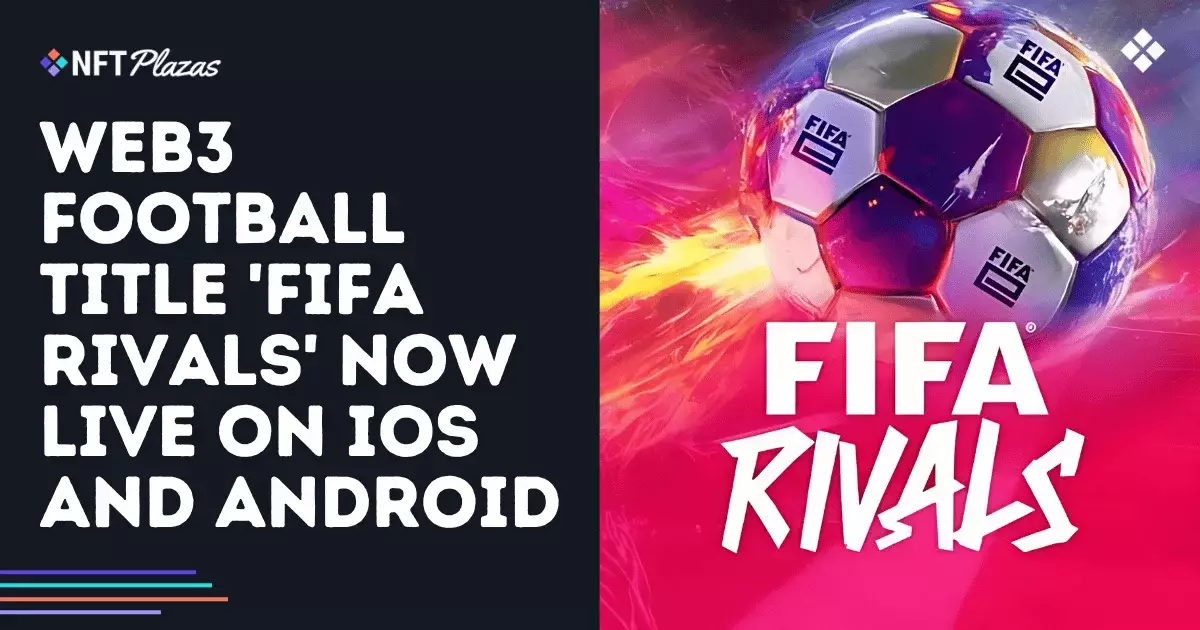FIFA Rivals has officially hit the market, and while the corporate buzz surrounding it is undeniably promising, one must approach with a discerning eye. This free-to-play web3 football game offers a blend of traditional sports gaming and blockchain technology, but is it the groundbreaking experience it’s touted to be? With mobile gaming’s vast reach, especially in football’s universal appeal, the potential for mass adoption is evident. Yet, as with any innovative approach, pitfalls lurk beneath the surface.
Blockchain: A Double-Edged Sword
On one hand, the incorporation of blockchain allows for the creation and trading of unique digital assets that might attract a niche audience passionate about ownership. However, the excitement surrounding these innovations often overshadows very real concerns. The decentralized nature of blockchain can lead to volatility in asset values, which risks disenfranchising players who might be less financially savvy. Will casual gamers truly embrace this futuristic model, or will they recoil at the complexities? The challenge of appealing to traditional sports fans who simply want to enjoy the game without diving deep into the intricacies of blockchain cannot be underestimated.
A Living Economy or a Marketing Gimmick?
The term “living economy” feels like a buzzword often thrown around in discussions about virtual games, yet one wonders if Mythical Games has meaningfully implemented it. When evaluating FIFA Rivals, we must question whether the economic system established truly serves its purpose of maintaining the relevance of digital assets over time or if it’s only a superficial marketing tactic. From lessons learned in NFL Rivals, it seems they are attempting to build a more sustainable model. However, true innovation should address systemic issues rather than merely adapt previous failures—this game faces an uphill battle in proving it can do just that.
Regional Nuances: A Necessary Consideration
Another point worth mentioning is the company’s understanding of regional behaviors. The acknowledgment that European players spend less than American players might suggest a clever adaptation strategy. By shifting focus from purely transactional gameplay to skill-based mechanics, Mythical Games may find a way to keep players engaged longer. Yet, this decision also raises questions about the underlying motivations: is it true player-centric design or a calculated move to grab a larger market share, especially in less lucrative regions?
What Lies Ahead: Features or Filler?
FIFA Rivals promises exciting features, including an AI sports agent to guide players, new game modes, and partnerships with football clubs. Yet, the question remains whether these additions genuinely enhance the gameplay experience or simply act as fillers to sustain user interest. The risk of becoming another flash in the pan looms large. If the developers fail to create an engaging narrative around these innovations, they may find themselves struggling to keep players invested as interest fades.
As FIFA Rivals navigates this competitive landscape, only time will reveal if it can truly capture the imaginations of engaged football fans or if it will merely be relegated to the annals of underwhelming attempts at modernizing sports through technology.

